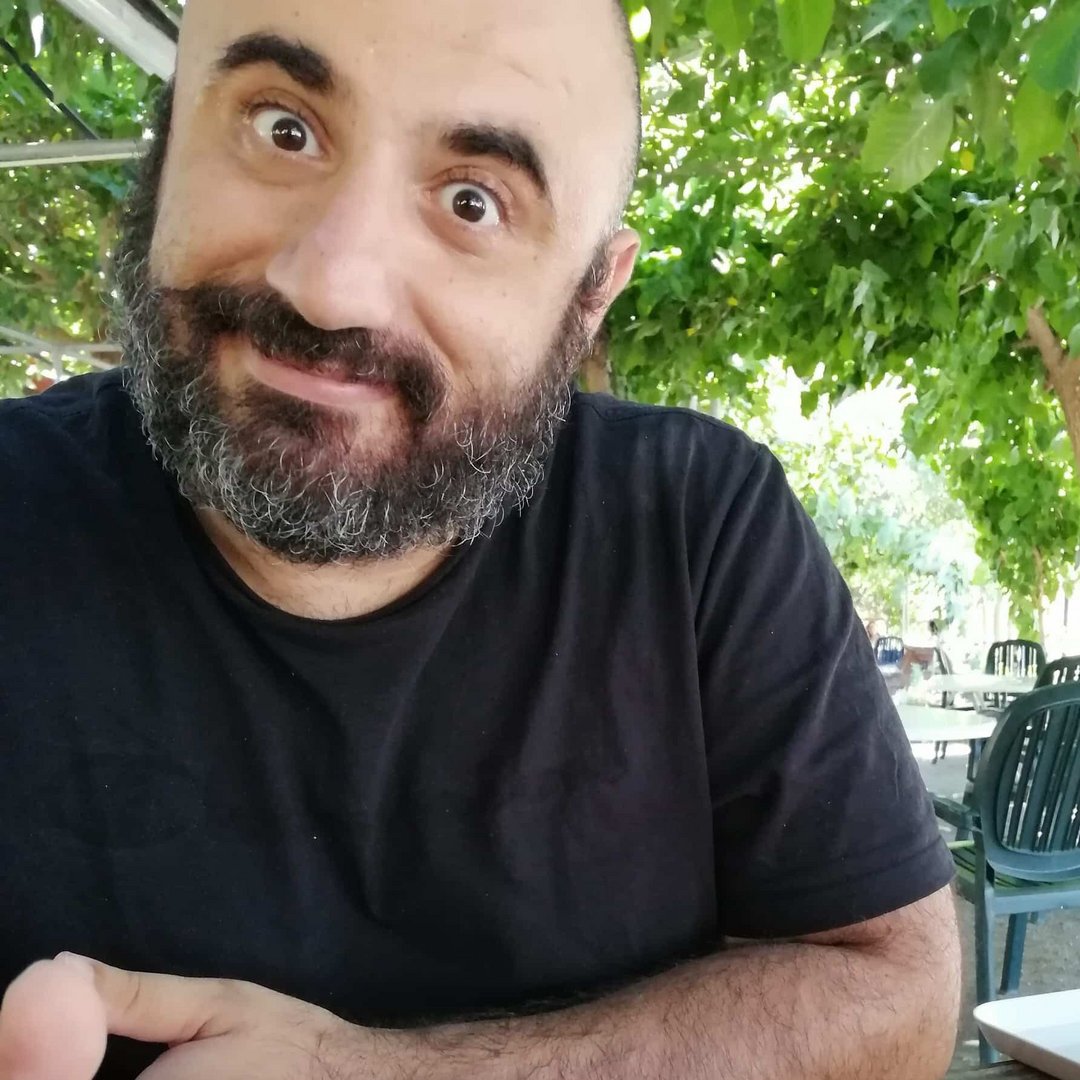Will the Netflix hit usher in a new age for Greek TV asks CONSTANTINOS PSILLIDES
On December 20, 2017, the world was taken by storm by a red jumpsuit-wearing crew of people who launched a well-prepared heist on Spain’s Royal Mint. Casa De Papel, or Money Heist for the ‘reading-is-hard’ crowd, dropped on Netflix and exploded upon the international scene. It was one of the show’s greatest hits, spawning sequel seasons and even a Korean spin-off.
But Casa De Papel did far more than that. It proved that Spanish filmmakers can produce worldwide successes, the kind that makes studio execs see dollar signs. An avalanche of Spanish-produced content followed Casa De Papel, opening doors to Spanish creators that were previously held shut by the ‘if it is not English, it won’t sell’ notion.
Can the same be done for Greek TV?
Maestro – later renamed Maestro in Blue to avoid confusion with the upcoming Leonard Bernstein biopic – premiered in November, and I could not be less indifferent. It was promoted as a “masterpiece”, “Greek TV at its finest”, and “Christoforos Papakaliatis’ best work to date”. In my opinion, the latter is not much of a brag.
Don’t get me wrong. Papakaliatis has been around for quite some time, and he has been hugely successful, even working with JK Simmons in 2015’s Worlds Apart. I was just not a fan.
A man goes to an idyllic Greek island to escape his past and falls in love with a young girl. Dark secrets are revealed. This trope is so overused it was a wonder they didn’t name the girl character Lolita. When I heard the premise, I silently congratulated myself for not bothering.
So, when Maestro dropped, I just ignored it, but soon there was a huge development; Netflix picked it up, and it became the first Greek series carried by the streaming behemoth. My spidey sense was tingling: if Netflix is game, then there must be something to this. Over the holiday season, I gave it a try.
You should too.
It is the best work I have seen coming out of Greece. I’m sure there are some indy gems out there (Cheap Cigarettes comes to mind), but Maestro had a budget over and above anything else made on Greek TV, and it showed. The photography, especially the scenes on the island of Paxoi, is impressive, with an endless blue mixing with the sun’s yellow. While almost three million isn’t much for a US or UK series, it’s a lot in Greece.
Regarding the plot, I honestly believe that the person who came up with the promotional material actively tried to sabotage the series. It was so, so much more than a ‘forbidden romance’. That was akin to describing Lord of the Rings as a movie where ‘a guy goes out for a walk wearing jewellery’.
Papakaliatis stars as the troubled musician who shows up one day on the island to help organise an annual music festival, where he falls in love with a 19-year-old girl. This was just the framing device, as the series sub-plots are infinitely more interesting. We soon learn through flash-forwards that a main character has been murdered, and each episode takes us closer to who the murderer is, the motive and how it took place.
Soon the romance takes a back seat as we learn more about the characters and how they ended up where they are. Episode 7, where we learn the backstory of an abusive father, is nothing short of excellent and can be counted among the great moments of world TV.
Of course, the series has its flaws, flaws that plague most of Greek TV. At some points, the plot drags, an issue quickly resolved by cutting back in the total runtime, the number of episodes, or the number of characters.
Perhaps the show’s greatest asset is actress Maria Kavoyianni. She is phenomenal, delivering a heartbreaking performance as a sweet, simple woman who tries to come to grips with the fact that her son is gay. Her character’s disposition is made tragic when the viewer realises that she has been the victim of domestic abuse for years, suffering in silence and never uttering a word out of fear of social condemnation. Netflix even shared an image of Kavoyianni with the words ‘No caption needed’ to promote the series.
Maestro In Blue appears to be such a success, Netflix has already ordered a second season. Will this usher in a new age for Greek TV? One can only hope.







Click here to change your cookie preferences